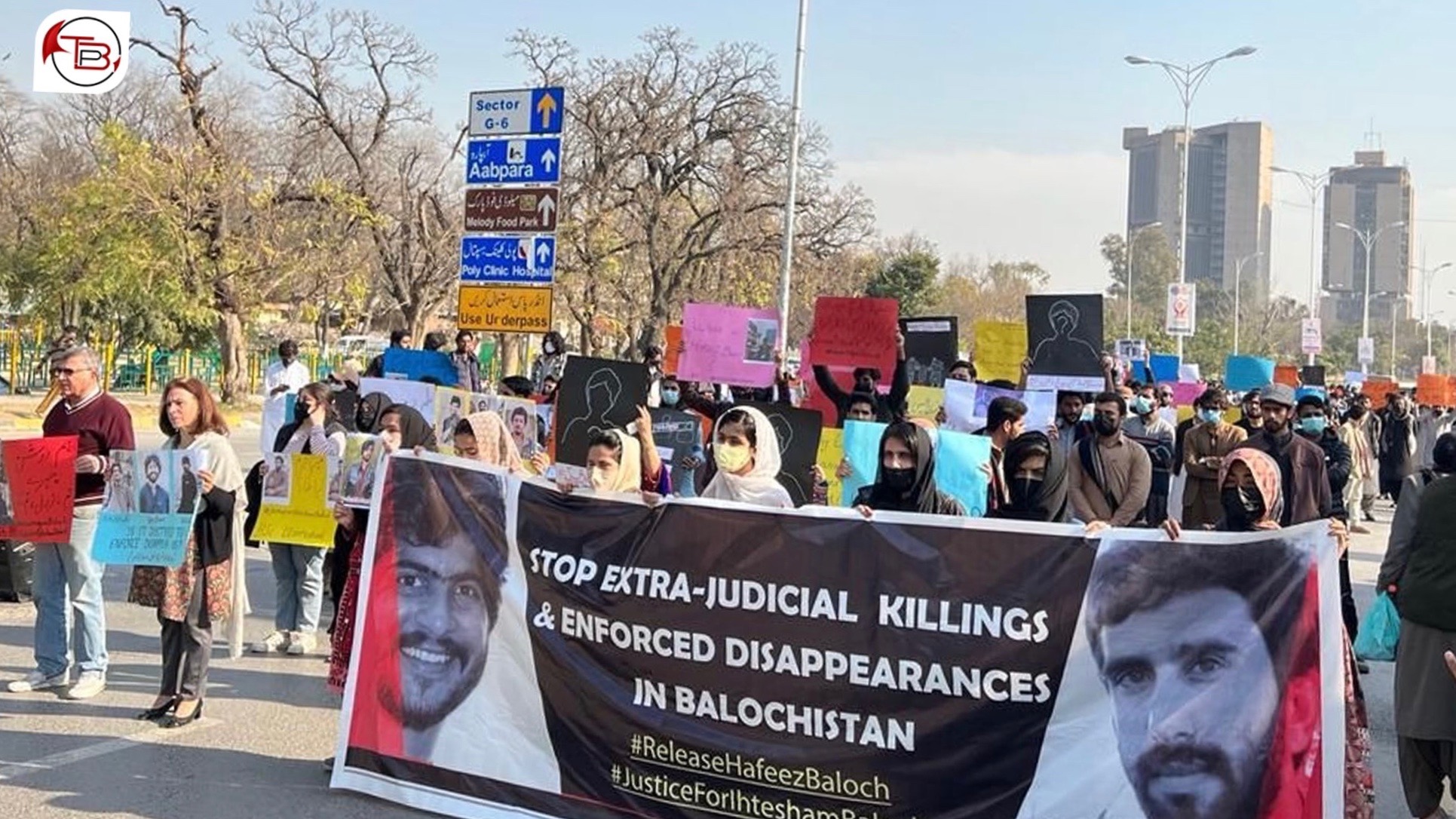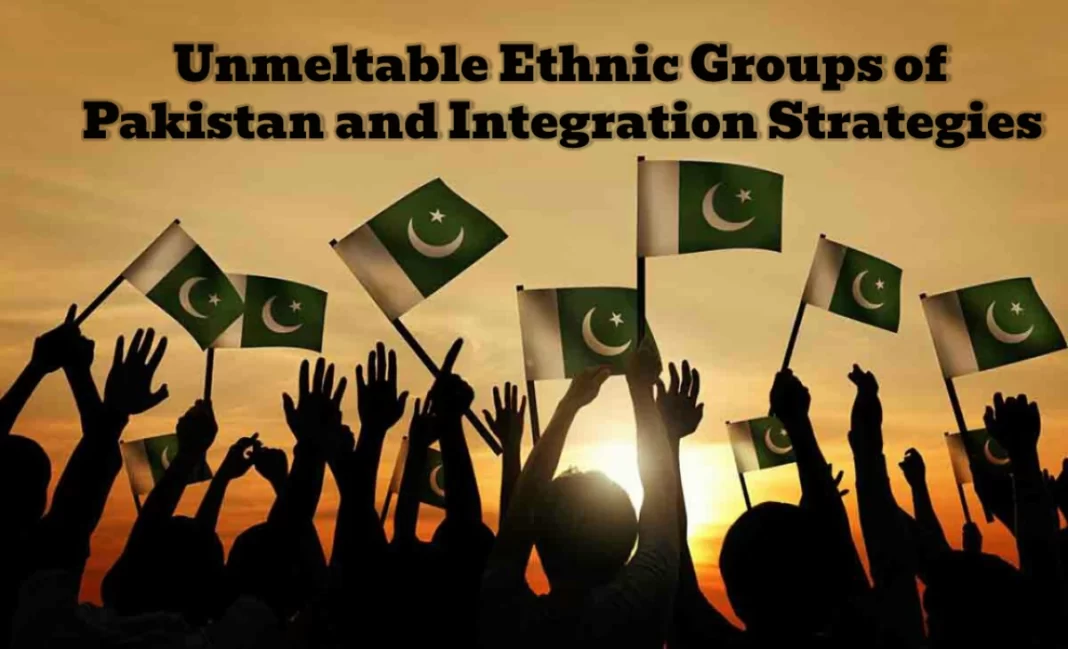Pakistan was founded in 1947, but it didn’t have a strong history of national unity because its people didn’t speak the same language, share the same culture, or have the same social order. Integration as a social process was needed to handle the complex ethnic and linguistic issues taking root at that time.
Treaty of Westphalia

The Treaty of Westphalia, signed in 1648, brought a new framework for establishing the international political system, and Westphalian tradition has primarily dominated modern global politics. The idea of a nation-state system was successfully enforced, as has been noted it later ran into problems due to political, cultural, and religious diversity.
The inherently strong states effectively dealt with issues concerning ethnicity, separatism, allocation of resources, and autonomy. On the other hand, countries with weak state structures have not been able to handle ethnic conflicts and a diversity of communities, which has led to more instability and discomfort. Minorities at Risk data shows that from 1945 to 2003, approximately 121 ethnic conflicts occurred worldwide, resulting in 13 to 20 million civilian casualties.
Morrison (1972) highlighted the variables of integration when it is adopted as a “strategy.” These variables include contact, cooperation, consensus, and community. Unfortunately, these things happened to Pakistan haphazardly, messily, and disorganizedly. Pakistan’s political and military elites thought to fix the issue through force integration. Forced integrations, historically, have always resulted in further disorder and unrest.
The same has happened in Pakistan since the form of the secession of East Pakistan after 24 years of its formation. Ethnic conflicts needed a political solution and using the military to solve them slowed down democratic, institutional, economic, and political growth.
Ethnic Groups of Pakistan
The low-level fighting in Baluchistan and Khyber Pakhtunkhwa shows that the state’s integration policies to deal with ethnic conflicts aren’t working. Integration can happen if there are no violent clashes. The Pakistani political and military elite must change their policy to deal with ethnic conflicts positively.
Establishing people-centered and people-oriented institutions in less developed areas would help the state apparatus to minimize these complex issues. An effective court system is needed to strengthen the rule of law.
Chief Justice Islamabad High Court Athar Minallah’s remarks regarding the missing person show that the missing person’s commission has failed to justify its existence. However, this issue provides so much-needed oxygen to other separatist elements within the country.

Related article: Protests by families of the disappeared met with intimidation, harassment, and violence
Resource distribution and economic imbalances also need to be revamped. The way separatist elements are indoctrinated would bring political polarization to the country. Also, there needs to be a focus on political modernization, education, good governance, institutional and organizational structure, the role of political and non-political institutions, and regular elections.
Mustansar Siam is a writer, columnist, political commentator and research scholar at the Deaprtment of Political Science, Government College University, Lahore. He tweets @MustansarSiam1







